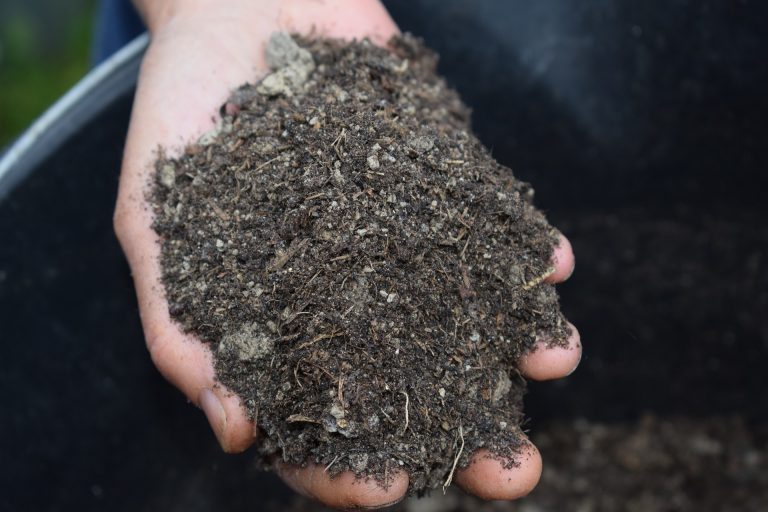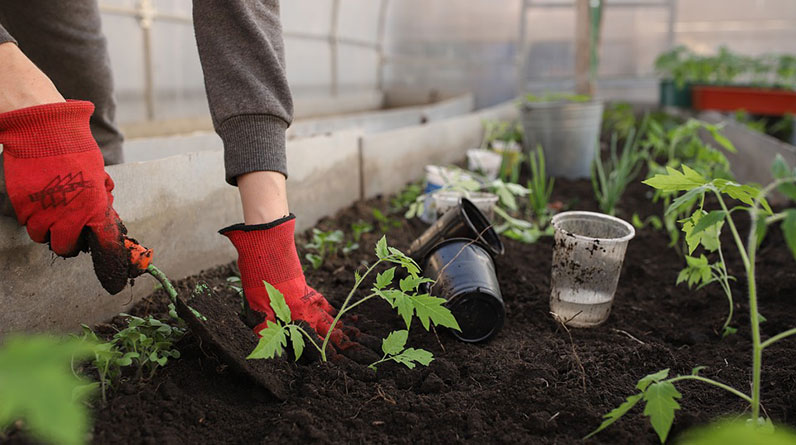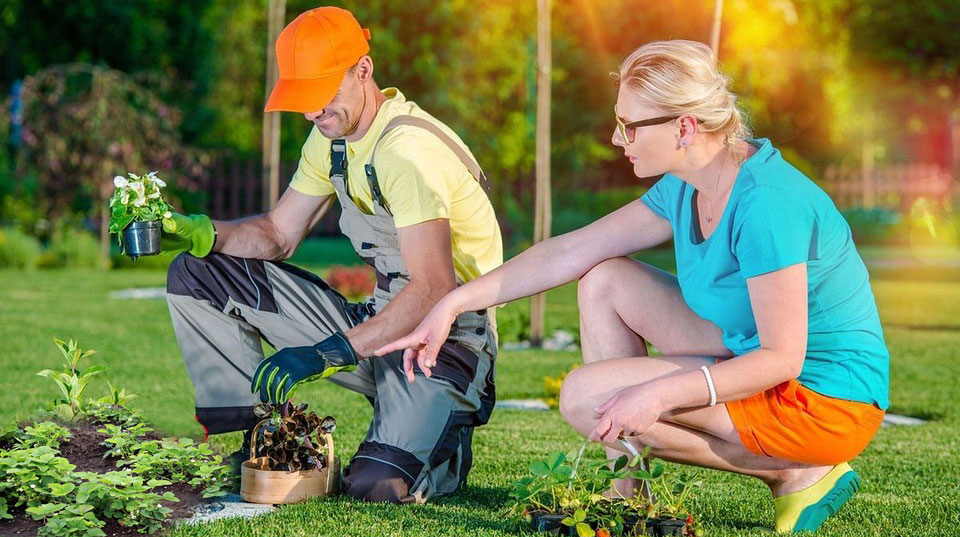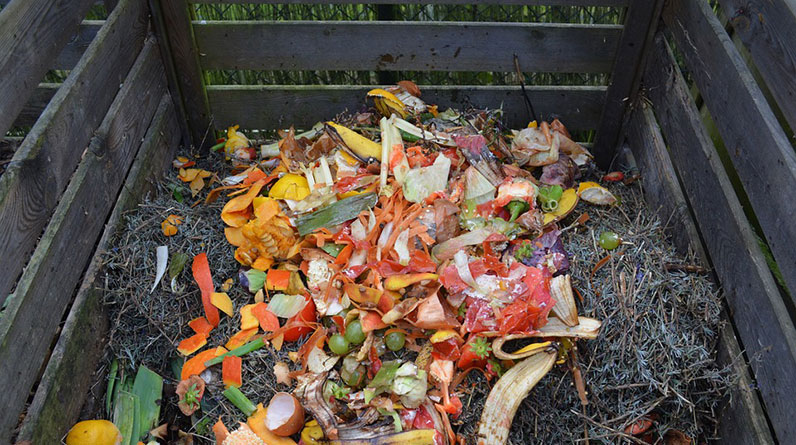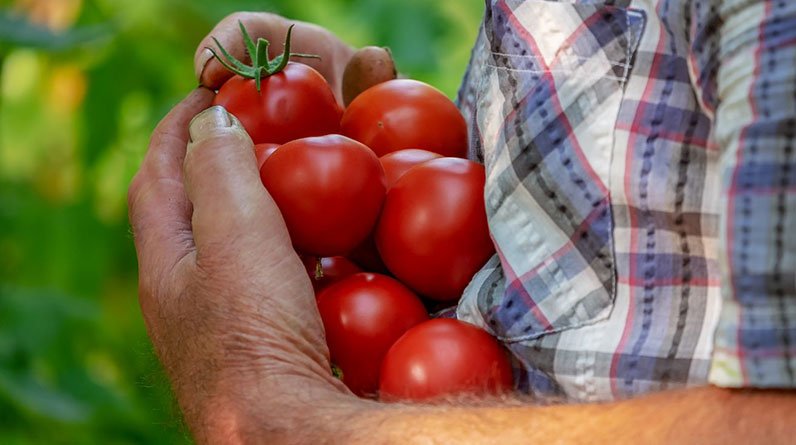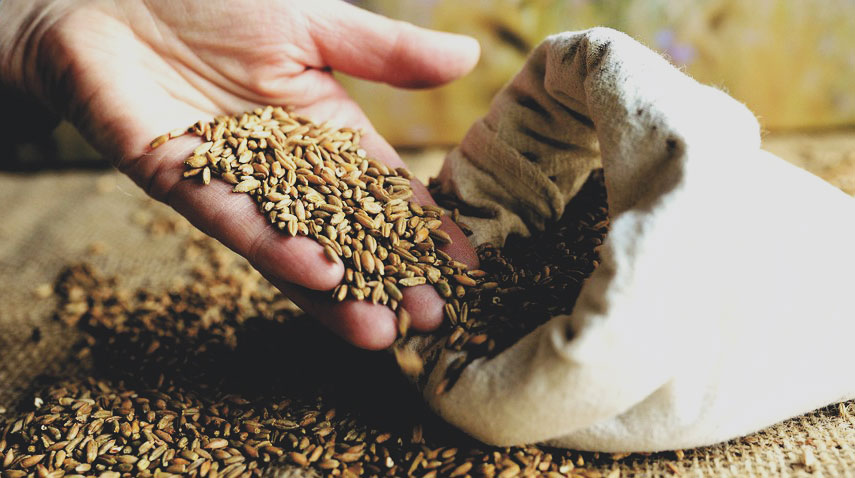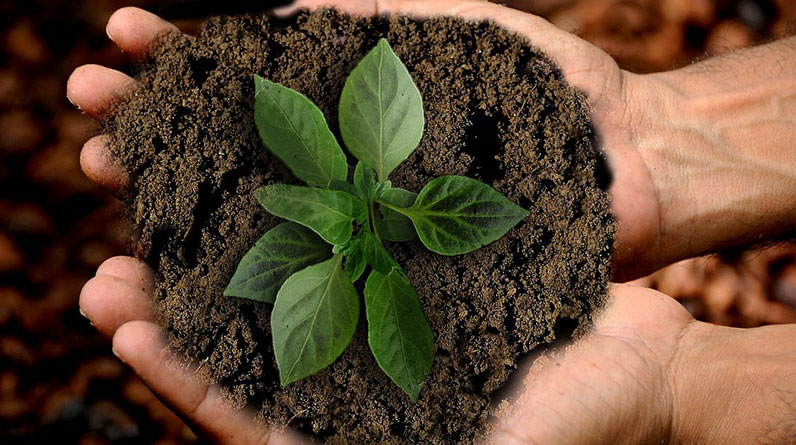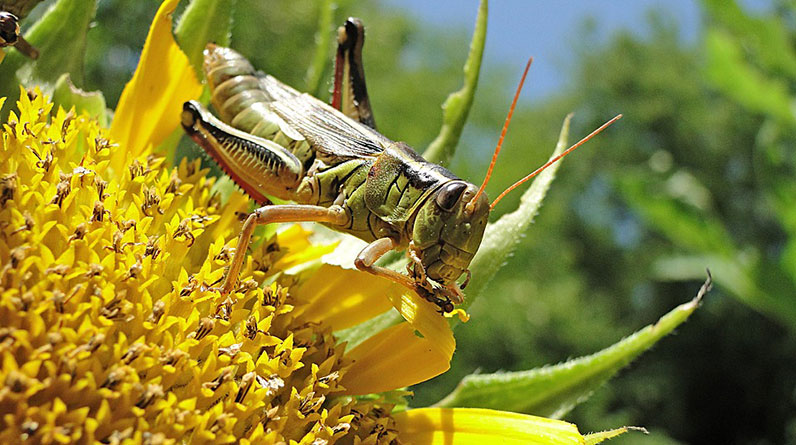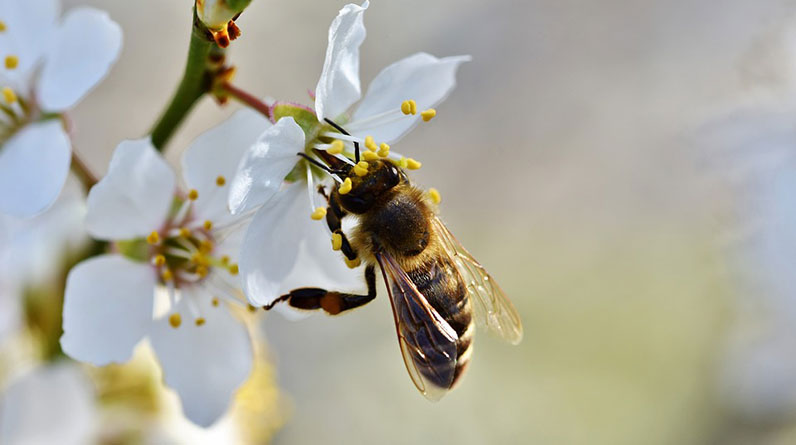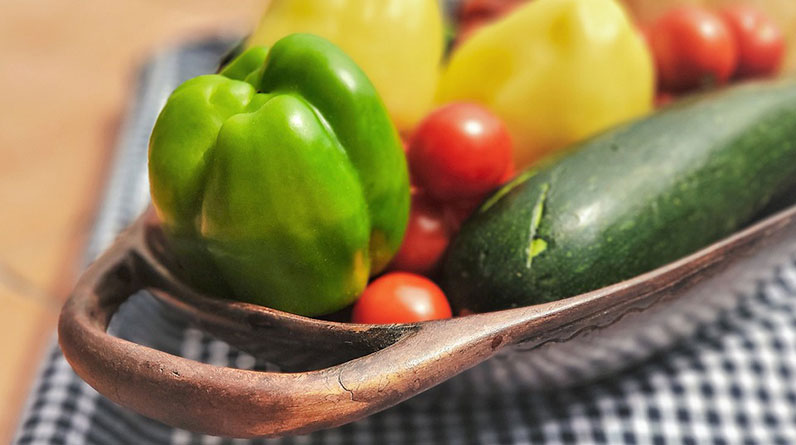Tips for the Advanced Organic Gardener
Tips for the Advanced Organic Gardener: 1. Use companion planting to benefit plants mutually. 2. Rotate crops to avoid soil-borne diseases and pests. 3. Incorporate cover crops to improve soil health. 4. Use compost tea for natural nutrients and pest control. 5. Interplant to enhance plant health and increase yield. 6. Minimize tillage to maintain soil structure. 7. Utilize mulching for moisture retention and weed suppression. 8. Use organic fertilizers for natural nutrients. 9. Consider crop diversity for a healthy ecosystem. Implementing these tips will improve plant and soil health, increase yields, and reduce pest and disease pressure in your advanced organic garden.
